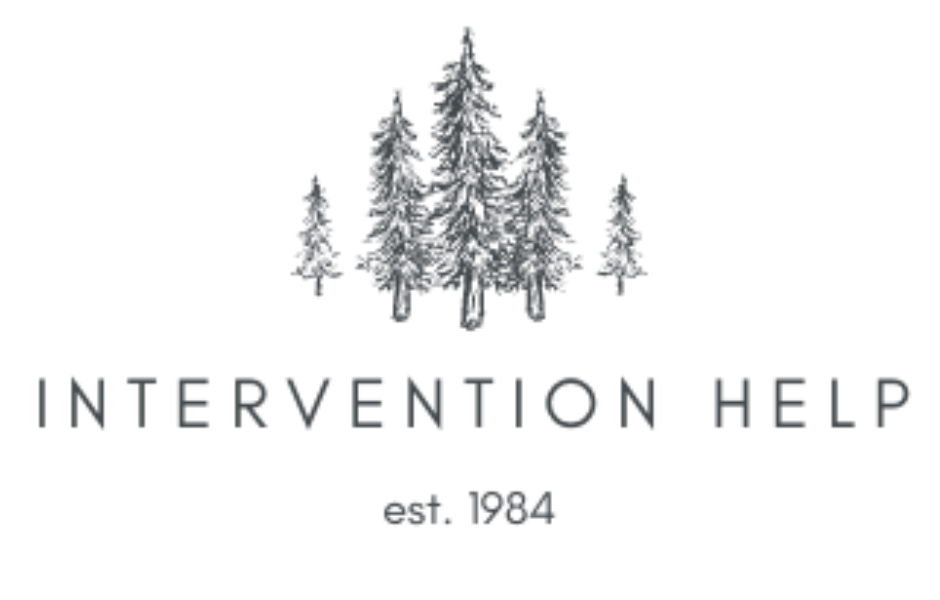
Relapse Response: A Comprehensive Support System for Recovery After Relapse
Like other chronic diseases, addiction sometimes comes with heartbreaking relapse. In fact, addiction relapse is reality for many individuals in treatment, which is why we've crafted an effective, supportive response system to help clients re-engage with their recovery process immediately after relapse. Our Relapse Response program offers a compassionate, intensive service for those who have relapsed and are seeking a path back to sobriety. Whether a client has left treatment and relapsed or requires additional care after relapse, this program provides short-term, specialized support designed to reset and stabilize them for their next steps in addiction treatment.
What is the Relapse Response Program?
Our Relapse Response service provides a cocoon of support for individuals who have experienced a relapse. If a client is unable to return to their residential treatment facility after relapse or has relapsed while in the process of transitioning from residential care, Intervention Help steps in to provide immediate and comprehensive support. Clients are "cocooned" for up to 72 hours in a secure, nurturing environment, where they receive a combination of IV infusion therapy, massage, intensive relapse diagnostics, and Sobriety Reset sessions.
Services Provided During Relapse Response
IV Infusion and Massage:
These therapeutic interventions help alleviate withdrawal symptoms, manage chronic pain, and reduce the physical strain caused by addiction and relapse.
Intensive Relapse Diagnostic:
This critical component involves a thorough analysis of the relapse, determining the root causes of the setback. Was it mental relapse or triggered by external stressors? Intervention Help identifies the factors contributing to the relapse and creates an individualized plan to prevent it in the future.
Sobriety Reset:
Clients are given the chance to reset and refocus on their sobriety, learning coping strategies and relapse prevention strategies. This includes sessions aimed at addressing underlying mental health conditions and preparing clients to re-enter the recovery community with renewed strength and determination.
In-Home Nurses:
If needed, experienced in-home nurses assist with detoxification and monitor the client's safety throughout the process, ensuring that they remain comfortable and stable during this vulnerable time.
Compliance Accountability:
Clients are supported in adhering to treatment programs and sobriety commitments, with an emphasis on re-engaging in the recovery process. At Intervention Help, we advocate for the individual’s return to treatment, ensuring that they have the tools they need to succeed.
Why Relapse Occurs and How to Prevent It
Relapse occurs for various reasons, including stress, unresolved mental health conditions, or simply not learning effective coping strategies during addiction treatment. Understanding why a relapse happens is an essential part of the process, and Intervention Help’s relapse diagnostics explore these underlying causes in depth. Whether it’s a lack of relapse prevention tools or a gap in addiction treatment programs, identifying the cause of the relapse is the first step toward preventing future occurrences.
At Intervention Help, we believe in providing clients with the skills they need to face the challenges of long-term recovery. By equipping individuals with coping strategies, behavioral therapies, and relapse prevention techniques, we prepare them to manage the triggers that lead to drug abuse and ensure they have the emotional and physical support they need to stay on track.
The Role of Behavioral Therapies in Relapse Prevention
Behavioral therapies play a key role in helping clients develop coping skills to manage the stresses and challenges they may face during the recovery process. From cognitive-behavioral therapy (CBT) to dialectical behavior therapy (DBT), these therapeutic approaches help clients address negative thought patterns, emotional triggers, and stressors that contribute to substance use disorder. Intervention Help’s Relapse Response program includes these therapies to help individuals rebuild their coping strategies and mental health stability.
How the Relapse Response Program Supports Recovery
The goal of the Relapse Response program is to stabilize the individual in the short-term, providing them with the support they need to transition back into treatment programs, such as inpatient or outpatient care. This support is especially crucial when relapse rates are high, as individuals may feel discouraged and overwhelmed by their setback. By providing them with a safe, compassionate environment where they can reflect on their relapse, understand its causes, and receive proper care, Intervention Help fosters an atmosphere of healing and growth.
Ultimately, the Relapse Response program is not just about managing the relapse itself; it’s about re-engaging individuals in the recovery process and setting them up for long-term success. Through advocacy, intensive care, and comprehensive support, Intervention Help ensures that individuals struggling with drug use or substance use disorders get the help they need when they need it most.

Why Choose Intervention Help for Relapse Response?
Intervention Help’s Relapse Response program stands out due to its holistic approach, treating both the physical and psychological aspects of addiction recovery. The comprehensive support provided, including IV infusions, detox care, intensive diagnostics, and coping strategies, ensures that individuals are fully supported during this critical time in their recovery process.
For those experiencing a relapse, Intervention Help offers the opportunity for restabilization and refocus, guiding clients back into the recovery community and helping them rebuild a strong foundation for their ongoing sobriety journey.
If you or a loved one is facing a relapse, don’t wait until it’s too late. Contact Intervention Help today to learn more about the Relapse Response program and take the first step toward sustained recovery from drug and alcohol use.

Contact us.
Are you ready to take the first step toward helping your loved one get on the right track? Reach out to us today.


